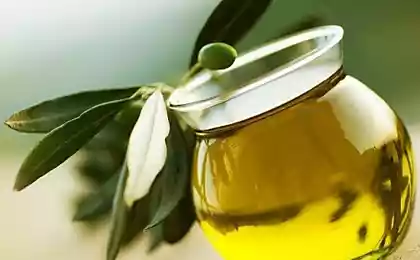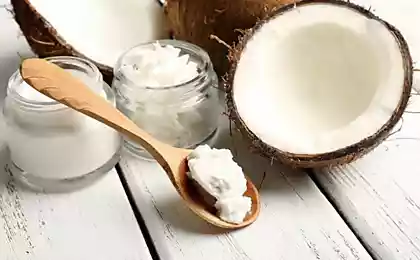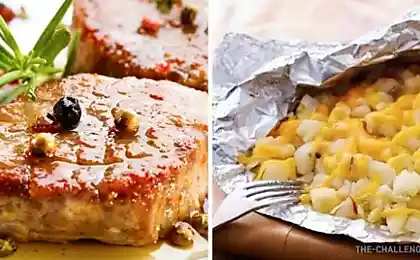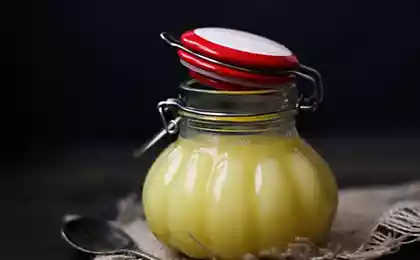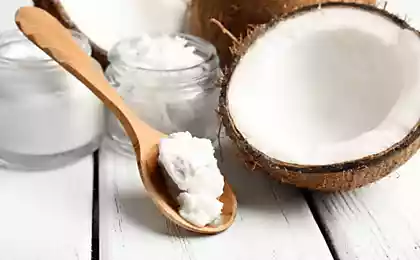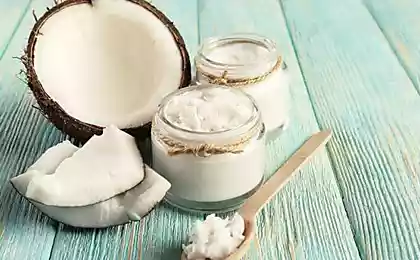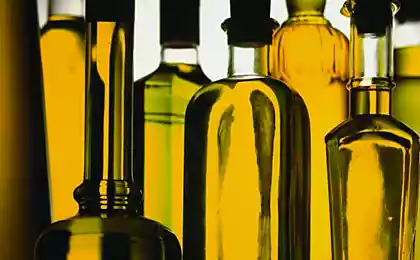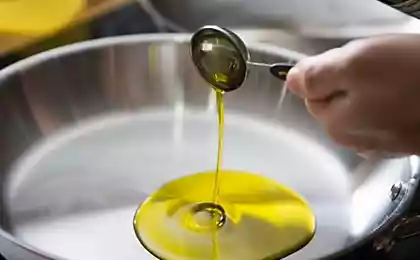365
Invented a new protection of olive oil against counterfeiting
Only a few grams of the new substance are enough to tag all the olive oil production of Italy. If necessary, the particles added at the place of origin can be extracted from the oil and analysed, enabling to identify the manufacturer. "The method is equivalent to the label which cannot be removed," says Robert Grass, lecturer in the Department of chemistry at the University of Zurich.
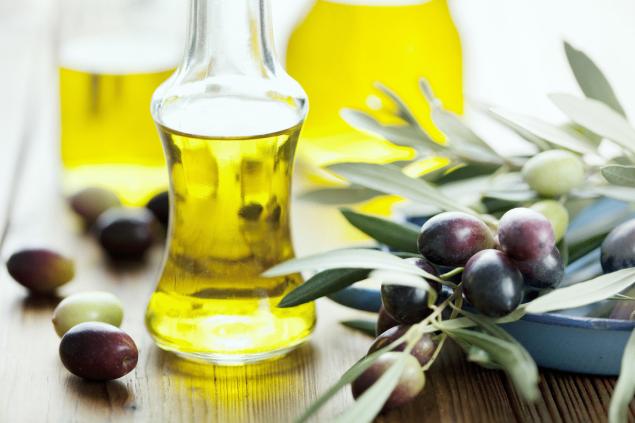
Protection against forgery must not only be invisible but also safe, reliable, cheap. To fulfil these criteria the researchers used nanotechnology and DNA. A piece of artificial genetic material is the heart of the mini label. "With DNA there are millions of options that can be used as codes," says Grass. In addition, the material has an extremely low detection limit, so tiny amounts are sufficient for labelling the huge amount of products.
However, DNA also has some disadvantages. If the material is used as the information carrier outside a living organism, it cannot repair itself and is susceptible to light, temperature fluctuations and chemicals. The researchers used silicon dioxide for coating the DNA, creating a kind of synthetic protection. It is a physical barrier that protects the DNA against chemical attacks and completely isolates it from the external environment.
Experiments in the lab showed that the tiny labels are well dispersed in oil and not lead to any visual IZMENENIY. They also remained stable when heated, weathering, and aging. The cost of manufacturing the original label should be approximately 0.02 cents per liter. For authentication you need a small amount of particles, down to millionths of a gram per liter. In addition to olive oil, the gasoline can also be marked using this method. Technology can be used in the cosmetic industry.
Source: nauka24news.ru/

Protection against forgery must not only be invisible but also safe, reliable, cheap. To fulfil these criteria the researchers used nanotechnology and DNA. A piece of artificial genetic material is the heart of the mini label. "With DNA there are millions of options that can be used as codes," says Grass. In addition, the material has an extremely low detection limit, so tiny amounts are sufficient for labelling the huge amount of products.
However, DNA also has some disadvantages. If the material is used as the information carrier outside a living organism, it cannot repair itself and is susceptible to light, temperature fluctuations and chemicals. The researchers used silicon dioxide for coating the DNA, creating a kind of synthetic protection. It is a physical barrier that protects the DNA against chemical attacks and completely isolates it from the external environment.
Experiments in the lab showed that the tiny labels are well dispersed in oil and not lead to any visual IZMENENIY. They also remained stable when heated, weathering, and aging. The cost of manufacturing the original label should be approximately 0.02 cents per liter. For authentication you need a small amount of particles, down to millionths of a gram per liter. In addition to olive oil, the gasoline can also be marked using this method. Technology can be used in the cosmetic industry.
Source: nauka24news.ru/




